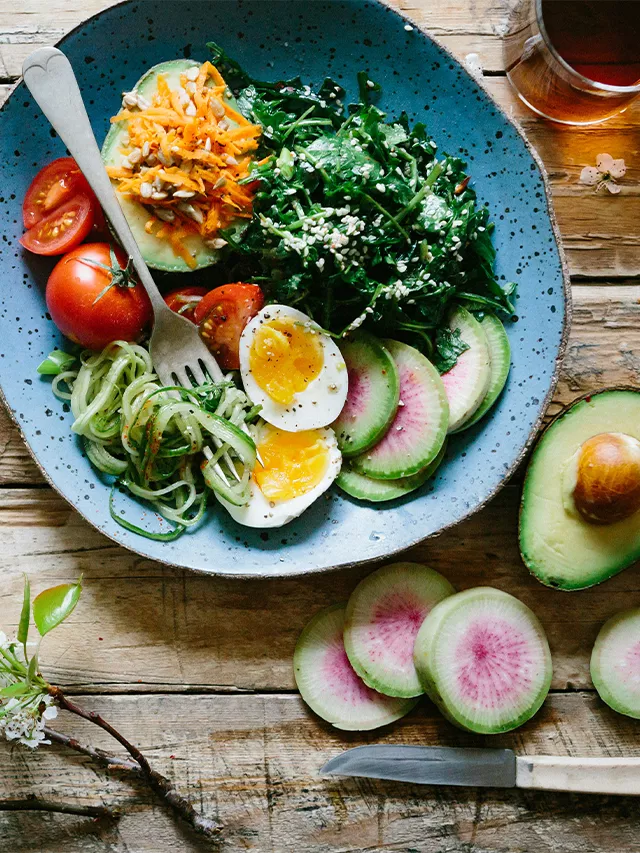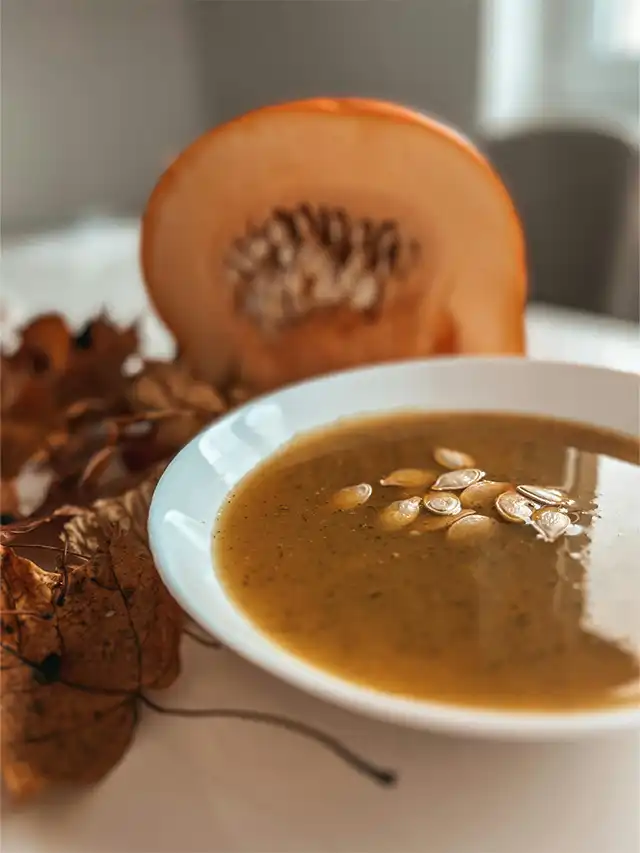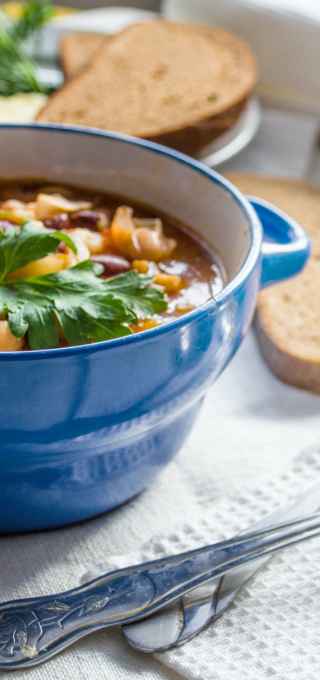Last Updated on May 10, 2024 by Ryan
When we get sick, bacteria are often to blame. But did you know that certain bacteria are also the cause for keeping us healthy? The microbiome is an internal ecosystem of bacteria that constantly evolves depending on foods we eat and the lifestyle we lead. As we’ll see, our gut’s health is significantly influenced by its digestive environment. Therefore, it is essential to make good dietary choices that facilitate a healthy microbiome diet.
How our microbiome develops
A developing fetus is completely sealed off from its mother’s microbes in the womb, so the gastrointestinal tract is sterile when we are born. However, soon after we are born, microorganisms begin to accumulate. Interestingly, babies born through C-section tend to have altered microbiomes. They face more health risks than babies who are born vaginally. This includes a heightened risk for developing allergies, asthma and diabetes. The birth canal supplies newborns with the bacteria Lactobacillus, which helps babies digest milk and develop their immune system. In contrast, babies born via C-section instead attain their bacteria from the doctor’s hands.
Our gut’s health is influenced by the food we eat (called our microbiome diet), the lifestyle we lead, our stress, the medications we take and the stage of our lives. As a result, our body houses trillions of microorganisms that make up what is collectively called our microbiome.
Both helpful and potentially harmful bacteria exist within it. In fact, they cover every inch our skin from head to toe and can vary depending on our skin temperature, texture and humidity. More bacteria make up this part of us than the number of cells in our body, and they collectively weigh as much as our brain – about three pounds. Just like our fingerprints, our microbiome sets us apart.
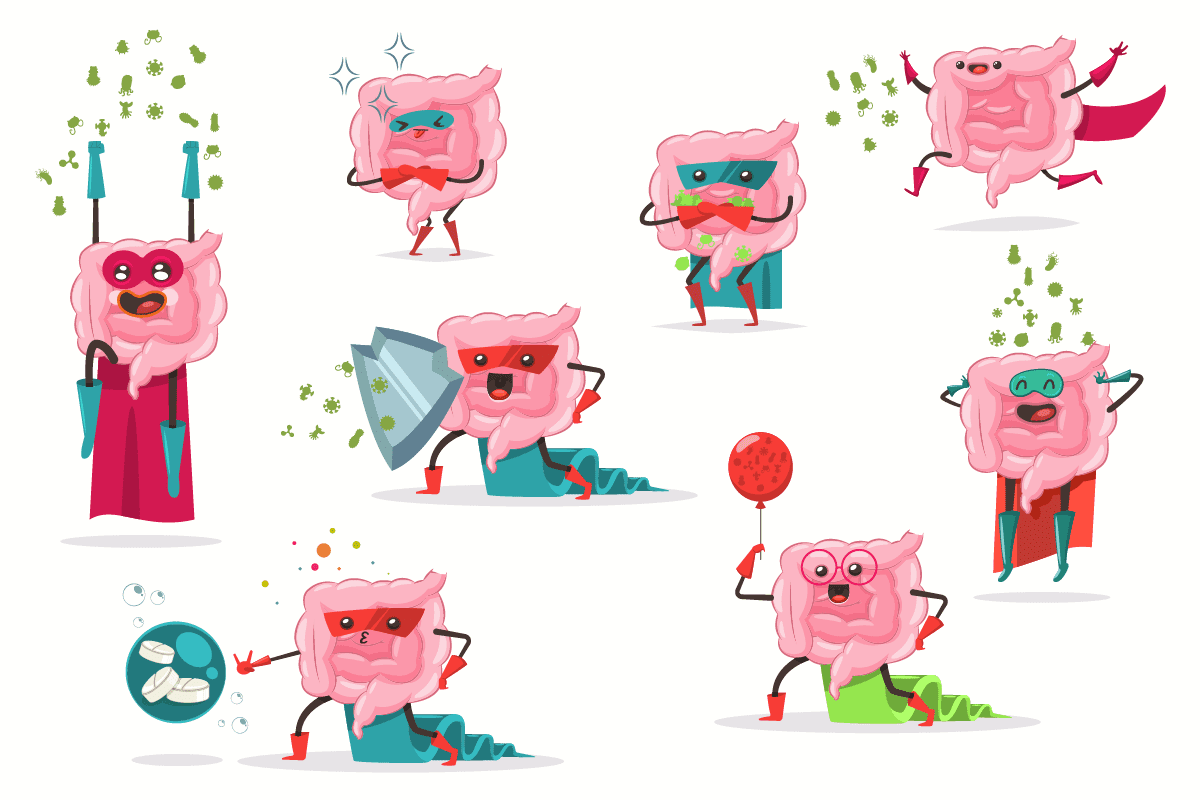
However, about 99% of it resides in our digestive tract alone. Therefore, studying the microbiome is one of the largest emerging areas of nutrition research, and yet much remains to be discovered. With that said, it is known that your body benefits from a more diverse microbiome that contains many different types of species.
Out of balance risk
In healthy individuals, good and bad bacteria exist together in harmony. However, if there is a disturbance in the balance, a state of dysbiosis occurs. This may make the body more susceptible to diseases, including:
- Obesity
- Psoriasis
- Childhood-onset asthma
- Dementia
- Inflammatory bowel disease
- Colon cancer
- Cardiovascular disease
Other signs that point to your gut flora being out of balance include:
- Diarrhea, constipation and stomach cramping
- Anxiety or depression
- Arthritis
- Inflammatory bowel diseases
The role of one’s diet
Undoubtedly, the problem is that today’s Standard American Diet can promote an imbalanced gut flora. Processed foods along with lack of fruits and vegetables characterize this diet. This diet reduces diversity and promotes a state of inflammation. These are some of the biggest dietary and lifestyle culprits that can harm our microbiome diet:
- Hydrogenated oil
- Domestic meat
- Refined carbohydrates
- Trans fats
- Added sugars
- Low fiber intake
- Stress
- Antibiotics and other medications
- Not enough sleep
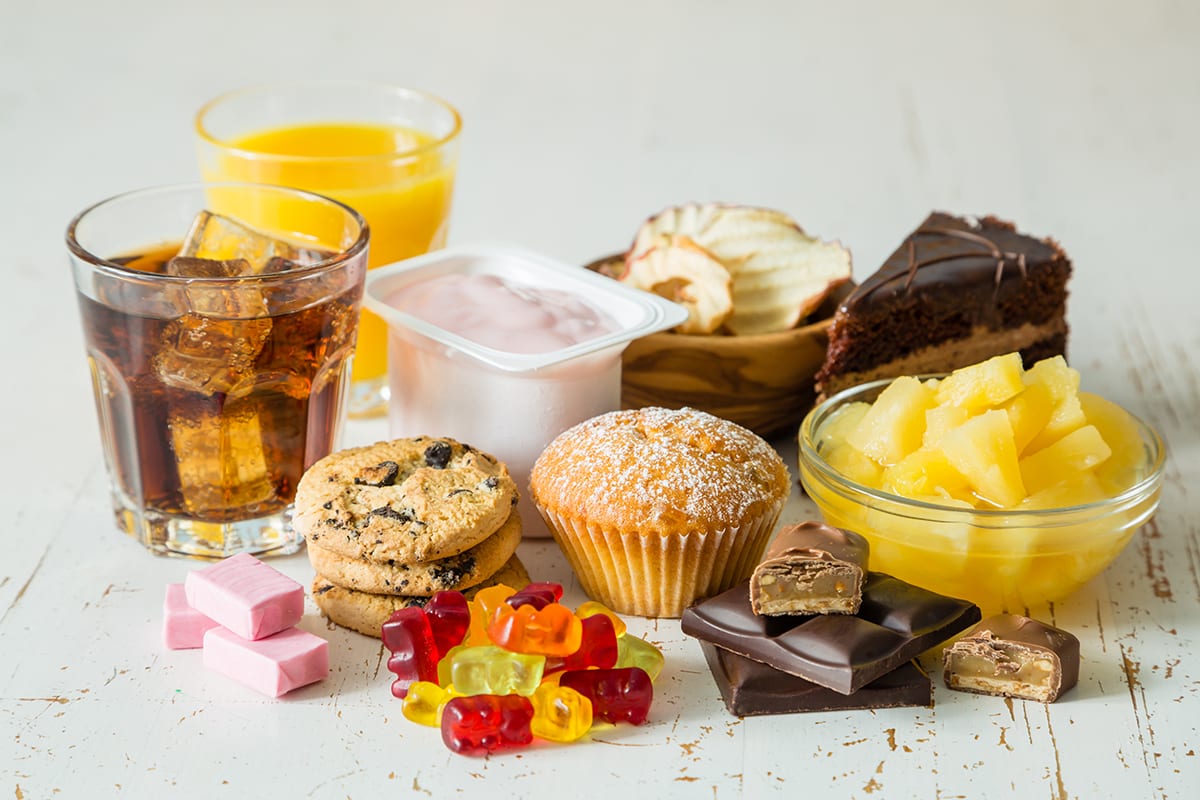
In fact, obesity in particular is associated with an out of balance gut. For example, the gut differs between obese and lean individuals in a significant way. Scientists have discovered an abundance of bacteria, such as Prevotella, as well as a lower diversity of bacteria and a higher level of enzymes in obese individuals. These may increase the efficiency of extracting nutrients from the food we eat. In itself, obesity is a significant risk factor for a host of issues including inflammation of the liver and heart disease. It can also lead to development of type 2 diabetes.
A balanced diet
Diet plays a leading role in supporting a healthy microbiome, which influences the immune system, body weight, metabolism and more. There are certain foods that help promote growth of the good bacteria in our gut including:
- Fresh whole vegetables and fruit
- Probiotic-containing foods
- Prebiotic-containing foods
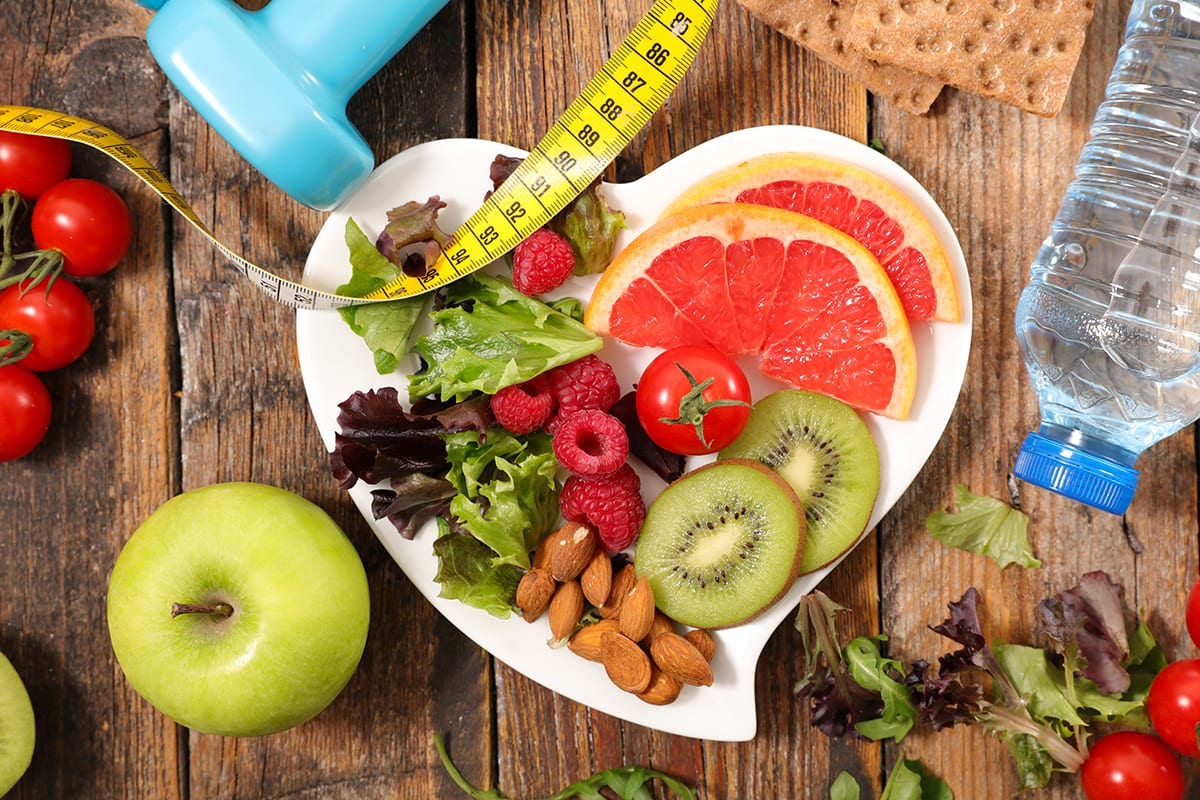
Without a doubt, feeding the good bacteria in our gut is key to maintaining a healthy gut flora. Besides prebiotics and probiotics, which we will go into, a vegetarian diet or one high in plant-based foods may promote a healthy and diverse microbiome diet. Some studies suggest these healthy diets are linked to:
- Enhanced immune function
- Synthesis of vitamins like biotin and vitamin K
- Maintaining intestinal mucosa integrity
- Preventing harmful bacteria from colonizing
- Aiding digestion and elimination of bad bacteria
- Transforming and promoting excretion of toxic substances
- Reducing symptoms of Crohn’s Disease, IBS and other gut abnormalities
- Better brain function
- Healthy body composition
★ Staff Picks: Microbiome Plus
So we all know you need your gut to function well for your body’s overall health. But who has the time or money to get their diet perfect every time?
That’s why we recommend Microbiome Plus’s prebiotic and probiotic combo – it’s just as easy peasy as they come. Their product’s already got rave reviews for its effectiveness with gastrointestinal health. But best of all, it’s really simple and affordable to use.
Our personal advice: be sure to improve your gut’s health before it starts complaining to you again. After all, this is a long-term relationship that just gets more and more complicated with time, so you want to start on a good note.

Probiotics: what you need to know
The chances are you have heard about probiotics before – they are found in yogurt and numerous over-the-counter supplements. By definition, they are live, friendly bacteria that offer a health benefit by assisting the body’s naturally occurring gut flora. Additionally, they challenge the immune system in healthy way and help make it stronger. They also help our body absorb certain vitamins and minerals including calcium, iron and vitamins A, D, K and E to name a few.
They are found in the following foods:
- Fermented foods like sauerkraut and pickles
- Kefir
- Yogurt
- Kombucha
- Kimchi

How to incorporate good bacteria into your diet
There are a lot of creative ways to incorporate plant-based probiotics into your diet, including:
- Adding a scoop of sauerkraut to salads, egg scrambles or as an accompaniment to proteins
- Swapping carbonated beverages like soda with kombucha
- Eating yogurt for breakfast and as a snack a few times per week
- Adding kefir to breakfast smoothies instead of milk
Prebiotics: What you need to know
Prebiotics also help support your body. They are a type of fiber compound that passes the gastrointestinal tract undigested until reaching the colon. Once there, they act as fertilizers that selectively stimulate the growth and activity of intestinal bacteria associated with health and well being. These fibers cause production of short chain fatty acids (SCFA) when they ferment and can be used by the body as a source of nutrition. However, they may also be useful in treatment of many chronic gastrointestinal disorders, such as Chron’s disease and ulcerative colitis. SCFA production lowers the pH of the colon and boosts immune activity, hindering the growth of some harmful bacteria.
Prebiotic foods are naturally a good source of fiber. It is important to introduce them into your diet slowly and in small amounts, especially if you are not used to them, in order to avoid gut discomfort. A high fiber diet may help reduce the growth of pathogenic bacteria that thrive in a less acidic environment.
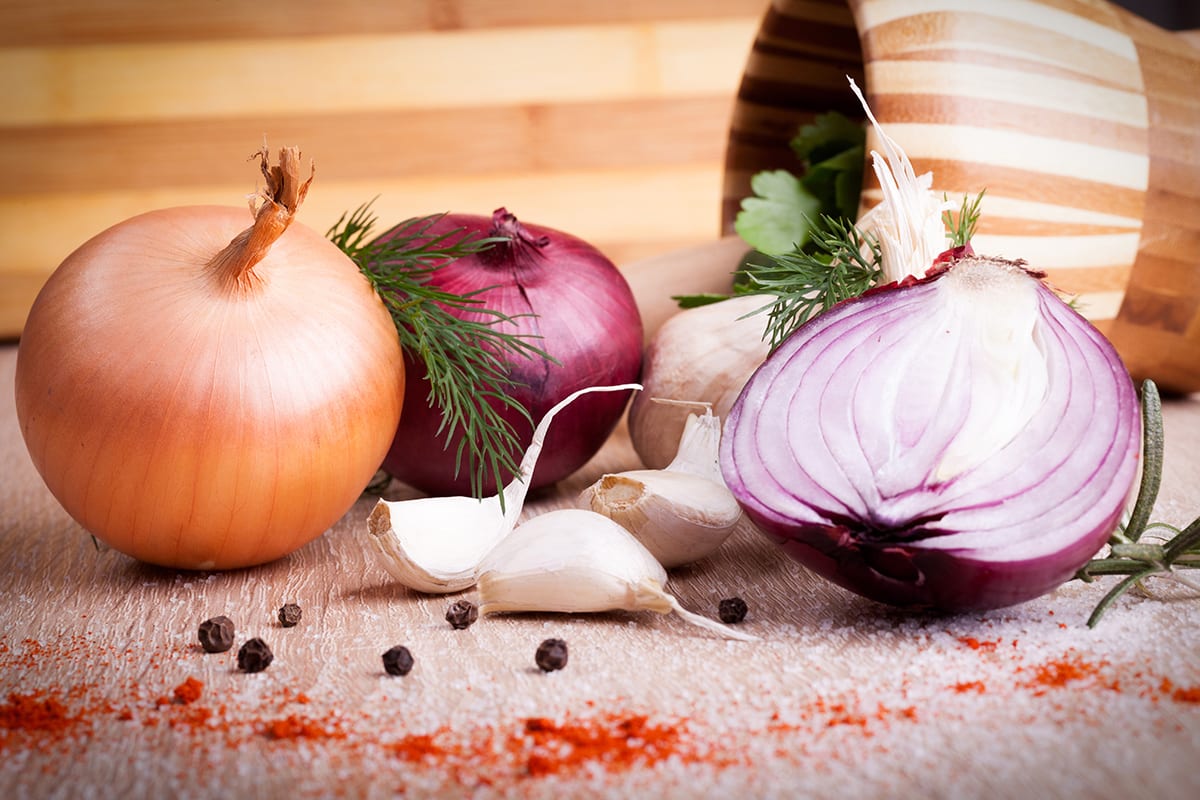
They are found in the following foods:
- Bananas
- Onions
- Leeks
- Garlic
- Artichokes
- Asparagus
- Dandelion greens
- Jicama
- Oats
How to incorporate prebiotics into your diet
There are many choices of prebiotics that are both sweet and savory, so there are a lot of creative ways to incorporate them into your diet. These include:
- Dipping sliced raw jicama into homemade hummus made with garlic
- Adding dandelion greens to your egg scrambles and a handful to smoothies made with banana
- Roasting asparagus
- Adding onion as a flavor enhancer to stir-fry soups, dips and sauces
Not sure which foods to eat for extra nutrients? Download our free nutritional cheat sheet on foods high in vitamins and minerals.
Conclusion
Incorporating more plant-based foods can help build a healthy and diverse microbiome. However, one should also consider other factors that may help, including managing stress levels and getting enough sleep. Also, having a healthy diet can reduce your risk of developing certain diseases, such as obesity and gut or skin disorders. Altogether, the effects of a healthy gut include a stronger immune system, better body composition and overall healthier digestion. As these are all essential for an overall healthy lifestyle, remember the golden rule for healthy eating: treat your microbiome the way you would want it to treat you!
Creating a Vegetarian Meal Plan to Stay Fit & Lose Weight
Plant-based diets are on the rise. In fact,…
6 Healthy & Tasty Vegetarian Soups Recipes (Vegan Options Included)
Warm, comforting, and nourishing vegetarian soups are a…
6 Affordable Vegetarian Crock Pot Recipes for a Family or Group
Crock pots are a popular kitchen cooking appliance…
4 Easy Vegetarian Lunch Ideas for Work (with Recipes)
Who said that you couldn’t be vegetarian while…
- 5 Healthy and Easy Breakfast Recipes for Busy Mornings
- 5 Healthy and Tasty Ways How to Cook Corn on the Cob
- 5 Healthy, Delicious Fall Soup Recipes with 10 Ingredients or Less
- 6 Bulletproof Coffee Health Benefits
- 7 Healthy Australian Recipes from Down Under
- Green Coffee Bean Extract: 6 Absolutely Potential Health Benefits
- How to Eat Healthy in College: 7 Ways to Master The Grocery List
- Is the Glowing Green Smoothie the Right Choice for Your Health Goals?
- Mediterranean Diet for Beginners: Healthy Meals, Tips, and Facts 2024
- This Healthy 4th of July Menu Will Delight Your Guests’ Tastebuds
- Why Buy Meat from Meat Markets: The Best Guide for Foodie Lovers
